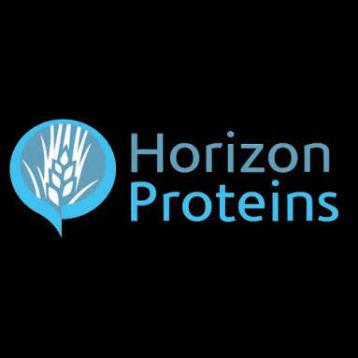Horizon Proteins
The ERPE spin-out has developed a process to extract the protein left from the thousands of tons of grain used each year by the brewing industries in the form of spent grain and the distilleries in the form of pot ale and spent wash.
This research aims to make the Scottish feed sector self-sufficient by reducing the reliance on feed imports and replacing proteins already used in fish feed, such as soya bean meal.
The Scottish whisky industry brings in around GPB 5 Billion in export revenue a year but produces over three billion litres of pot ale every year. This residual by-product is very challenging to dispose of. For decades, the distilling industry has been striving to develop synergy by increasing economic and environmental sustainability. The salmon aquaculture industry, which supports 2,300 jobs directly, requires secure supplies of affordable, sustainable, high-quality protein feed ingredients to realise annual export revenues of around GBP 800 Million.
Driven by these challenges, the ERPE researchers, led by Prof Willoughby, started investigating the potential of converting this residual by-product from the whisky industry into a high-quality protein feed that could serve the aquaculture sector (e.g. the salmon industry). This process would support a strategically crucial rural economy sector. The research was multi-inter-disciplinary, involving Engineering & Physical Sciences, Biological Chemistry, Biophysics and Bioengineering, Mechanical, Process and Energy Engineering.
Fish feed developer Horizon Proteins has secured £575,000 development funding from Scottish Enterprise. The company also achieved 5 million pounds worth of investment to use this 'game changing' patented technology in its first manufacturing plant, which is under construction. A partnership with EWOS Cargill has also allowed a business-to-business supply chain for the company’s product to the salmon producer market.
This research was led by Professor Willoughby and his team.

Horizon Proteins logo